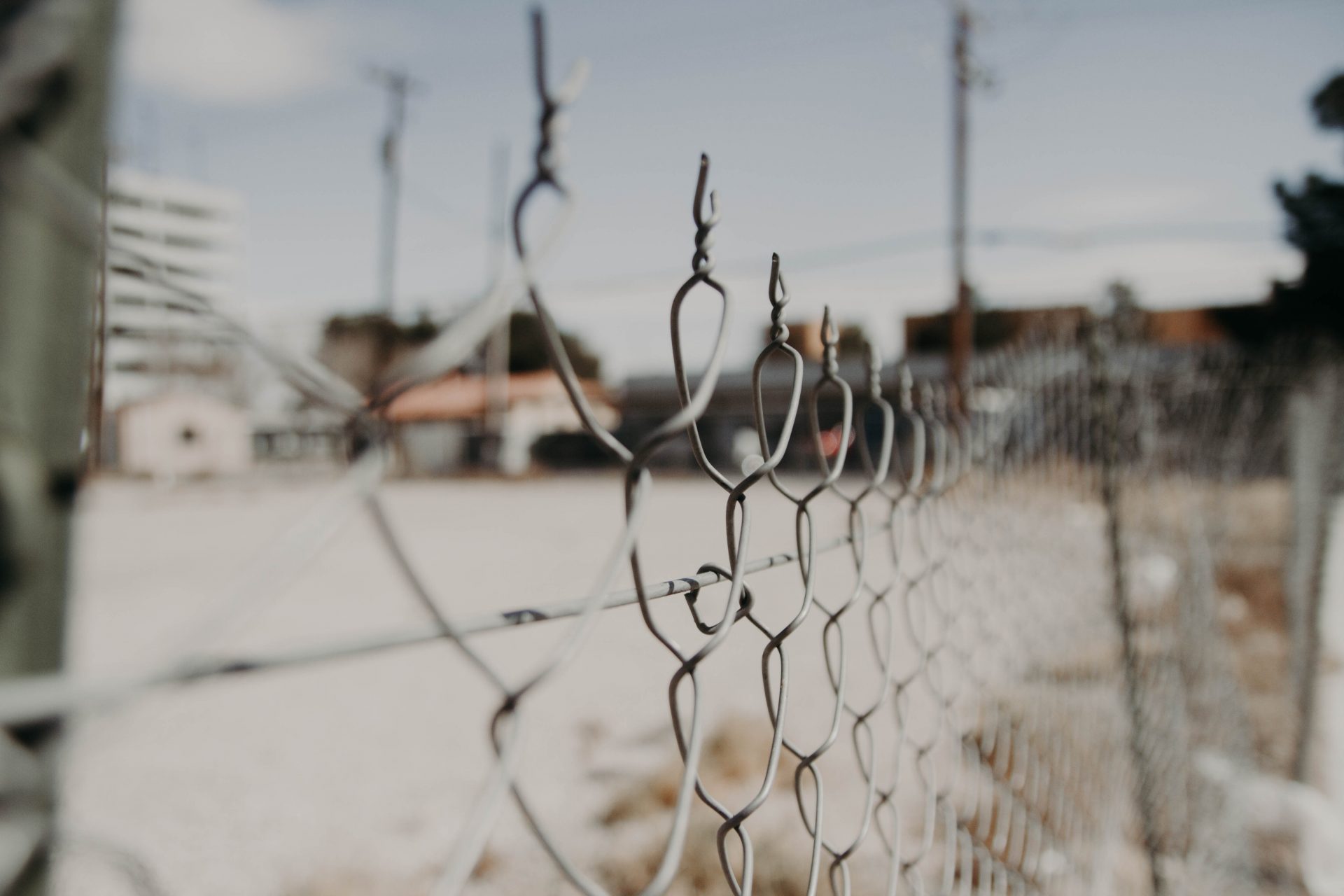
ACRRM, RACP, RANZCP, and AMA agree: The health condition of refugee children in Nauru is a medical emergency
In an attempt to invoke the government to make changes on the current policies covering children immigrants detained in Nauru, more than 180 organisations and individuals, have spoken about the real state of health and welfare of refugee children in the island.
The move initiated ahead of Universal Children’s Day which will be celebrated on 20 November, calls for the immediate removal of children and their families from detention on Nauru to address their urgent medical needs.
Some of the organisations who released an official statement on the matter includes The Australian College of Rural and Remote Medicine (ACRRM), The Royal Australasian College of Physicians (RACP), The Royal Australian and New Zealand College of Psychiatrists (RANZCP), and Australian Medical Association (AMA).
Australian College of Rural and Remote Medicine (ACRRM) President-elect Dr Ewen McPhee worries that the experience and situation in immigrant detention can cause lasting mental and physical trauma to these children.
He said, “These children are a victim of dreadful circumstances over which they have no control. The mental and physical impacts of their experiences will haunt them for the rest of their lives.”
“As rural and remote doctors, ACRRM members are well aware of the far reaching impacts of these situations on both the individual and the wider community.
The same view was reflected by the The Royal Australian and New Zealand College of Psychiatrists (RANZCP). They say that the circumstances of staying in a detention site can affect the mental development and can cause long-term damage to social and emotional capabilities of children.
Some of the key recommendations from the RANZCP’s 2015 Position Statement 52 – Children in Immigration Detention are:
- Comprehensive assessment of child asylum seekers in detention should examine the roles of environmental deprivation, the availability of parental emotional support and the effects of traumatic exposure in contributing to clinical disorder.
- Mental disorders in child and adolescent detainees should be assessed by child and adolescent psychiatrists or mental health specialists and, when identified, should be managed outside the detention environment.
The Royal Australasian College of Physicians (RACP) chose to argue the need for a high level of urgency for the transfer of these kids. Professor Paul Colditz, a paediatrician and President of the Paediatrics and Child Health Division within the RACP, stressed that this is a medical emergency.
He continued, “As doctors we have compelling evidence that detention and uncertainty is damaging to people’s health and wellbeing and that this damage can be severe and lifelong.
“There is an immediate risk of severe health consequences and we have already seen over a dozen children evacuated to Australia with extreme ill health. This includes inadequately treated medical conditions, trauma related symptoms such as severe withdrawal and refusing to eat or drink and self-harm.
“To see such symptoms in children is an indication of the untenable conditions in which they are living. The RACP calls on the government to address this health crisis and bring the remaining children and their families to appropriate healthcare and safety as a matter of urgency.”
The Australian Medical Association (AMA) supported the campaign through a letter directly addressed to Prime Minister Scott Morrison. In the letter, AMA President, Dr Tony Bartone demanded for the transfer of refugee children and their families off Naura preferably to Australia.
Dr Bartone also mentioned that the alarming reports of deteriorating mental and physical health conditions among asylum seekers in detention has caused anxiety among the AMA membership.
“The medical situation for the children on Nauru has been described by health experts, including medical staff who have worked on Nauru, as critical and getting worse. It is a humanitarian emergency requiring urgent intervention.
“There are now too many credible reports concerning the effects of long-term detention and uncertainty on the physical and mental health of asylum seekers” Dr Bartone said.
The AMA calls for:
- urgent action from the government
- more compassionate and humanitarian approach towards asylum seekers
- a change of policy reflecting community concern for the health of asylum seekers
- facilitate access to Nauru for a delegation of Australian medical professionals
“The AMA and the medical profession are demanding a change of policy – a change of policy that reflects community concern for the health of asylum seekers.
“We also want the Government to facilitate access to Nauru for a delegation of Australian medical professionals to assess the health and welfare of child refugees and asylum seekers.
Dr Bartone also wrote, “Australia is a caring nation with a long history of compassion and respect for human rights. We need to show the Australian people and the world that we are still a caring nation.”
More articles in My Health Career:
- The Royal Commission into Aged Care Quality and Safety – worthwhile or not? What the AMA, ANMF and Universities Australia have to say
- Leading Darwin surgeon claims lack of funding as cause of preventable dental infections, ADA NT president says the problem might be broader than that
- Selective editing of reviews: illegal or not? AHPRA draws the line

